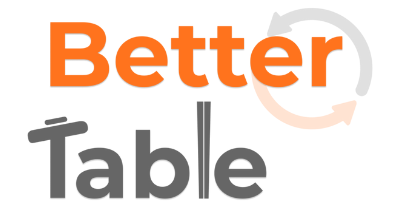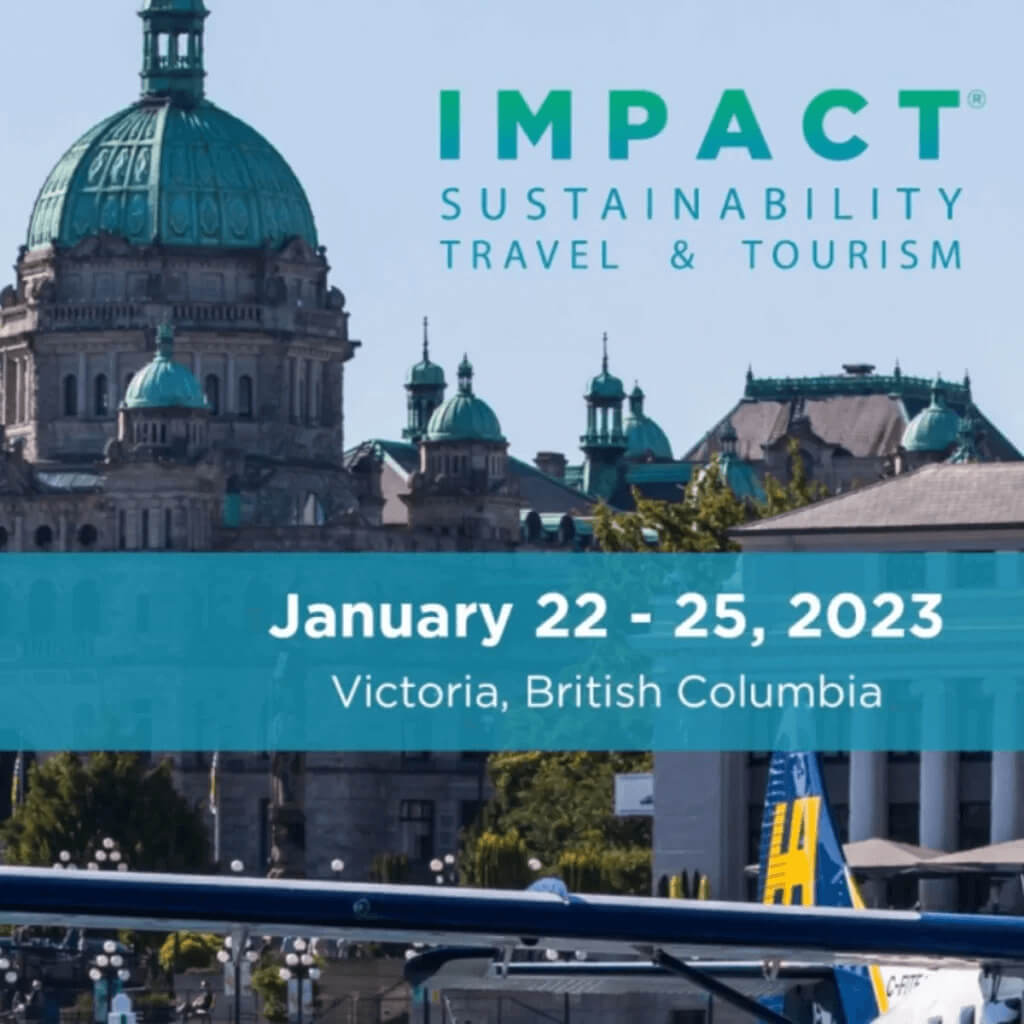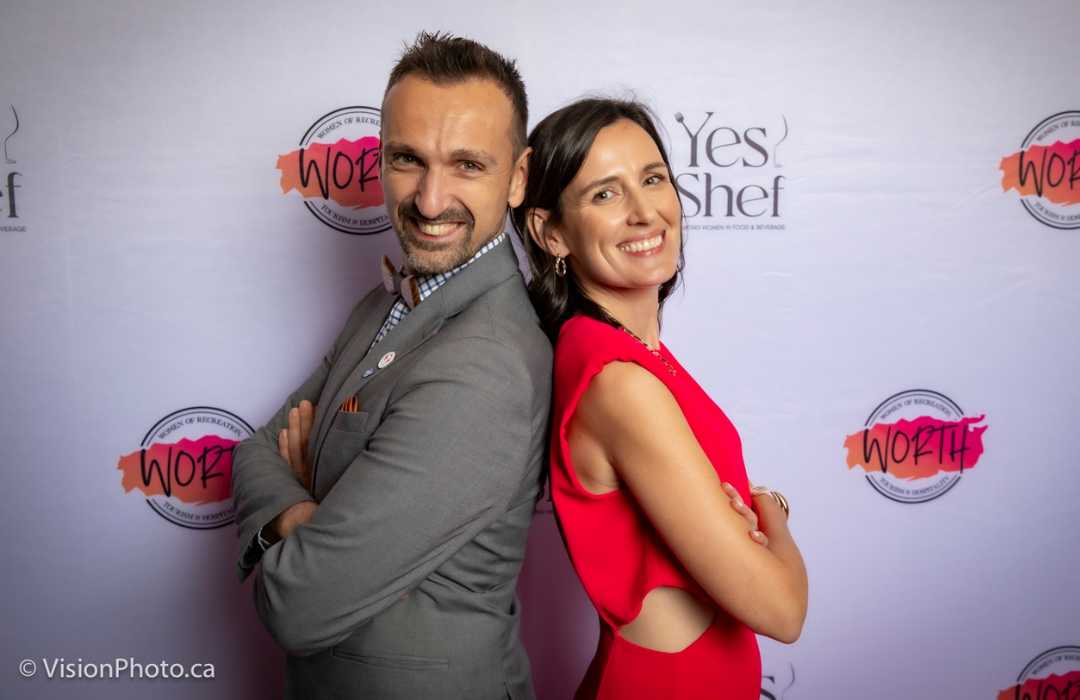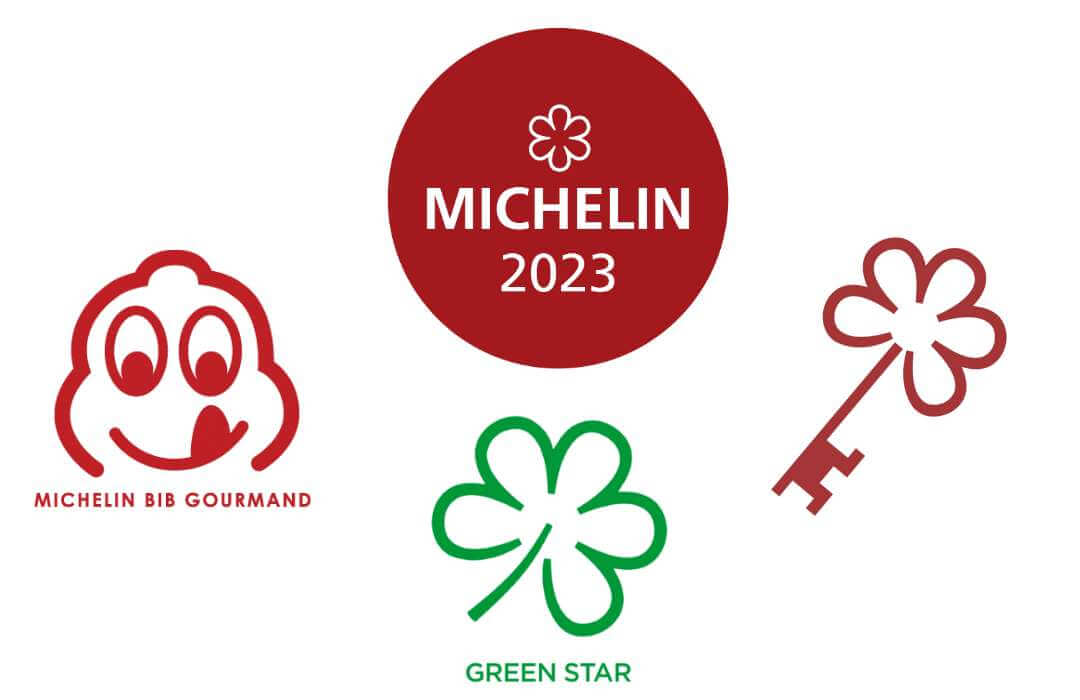A Vancouver study to identify how to encourage food waste measurement
In 2021, the City of Vancouver requested a study to better understand “Policies, incentives, and measurement protocols for food waste reporting by businesses”. The report, finalized in August 2021, aims at reviewing government policies and incentives from the international community that might inform and ultimately encourage food waste measurement in Vancouver’s Industrial, Commercial and Institutional sectors (ICI). It informs how the City could proceed to measure progress towards their Zero Waste 2040 Strategic Plan to become a leading city in food waste prevention and improve the triple bottom line of food businesses.
58% of food waste is generated by businesses
Out of the 80,000 tonnes of food waste generated by the City of Vancouver in 2019, the majority is generated by the ICI sector. This means engaging businesses can have a positive impact to reduce overall food waste. A significant move has already been made with the introduction of the Solid Waste by-law #8417: every owner or occupier of non-residential property where food waste is produced must have a food waste diversion plan for food waste produced on the property. But more ambition needs to be put in place, as 41% of businesses’ food waste was still going to the landfill in 2019.
Currently, the City’s sole data source to assess and estimate changes in Vancouver’s ICI organic waste streams is aggregated regional data from Metro Vancouver, which is unable to identify the types of foods being wasted or the specific food sectors that are producing it. Private haulers are not required to report to the City the locations nor the amounts of waste hauled
The City of Vancouver aims at being a leading city in food waste prevention
The City of Vancouver has accomplished several successes over the years, and has a good understanding of food wasted from concessions stands and parks owned by the City. “I think the biggest success [by the City] has been hiring a person that works specifically on Zero Food Waste in the Solid Waste Strategic Services.” comments Juan. “This will certainly improve progress towards measuring and reporting and achieving the goals in the Zero Waste 2040 Strategic Plan.”
Voluntary Agreement or Regulation?
The research, conducted by Juan Diego Martinez, concluded that in order to address the City’s objective to improve standardized waste measurement and reporting by the Vancouver ICI sector, the City needs to co-develop one of two options. Both approaches have pros and cons, and stakeholders need to be properly consulted and involved in the decision making process.
1) A Voluntary Agreement with the ICI sector
This engagement should aim to co-design an agreement to start measuring and reporting under an ambitious standard that equals or exceeds current international best practices. This would require regular and credible independent (e.g. third-party) monitoring systems.
2) A food waste measurement and reporting bylaw
This option would require multiple steps for a higher chance of success: to conduct a consultation process, to ensure robust and transparent measurement and reporting requirements, and apply sanctions for non-compliance with a clear verification mechanism (e.g. fiscal disincentives such as fines, revocation of business license).
The choice is not easy. On one hand voluntary agreements entail less political cost and are more flexible, on the other hand, regulation has a higher chance of achieving the goal but is difficult to make changes further down the line as the situation changes. But Juan believes “regulation would be most effective if the City has the resources to enforce non-compliance. To be certain about the outcome, regulation might be the path forward.”

Tracking food waste: a question of when rather than if
“Direct food waste measurement is the best practice for measurement. The gold standard waste reporting protocol – the Food Loss and Waste Standard – is comprehensive, adaptable but requires expert knowledge to be used.” says Juan. Additionally, it is a powerful way to build a circular economy. Greening our food systems is essential to be climate resilient: according to the City of Vancouver, over 20% of consumption-based emissions come from food.

Juan adds: “Food waste bins or smart bins can help streamline measurement and reporting of the food service industry waste, that is both back of house and front of house food waste. These technologies and the information provided can really help food service providers adjust procurement, portion sizes, and even adjust recipes based on what is most commonly left over. All companies offering these services are confident that the cost of adoption is recovered and improves the bottom line, but it still requires that business owners make the decision and that staff do their part in making the process work.”
“Food waste is an issue everyone can get behind, measuring and reporting it should be a basic first step to tackle the problem in Vancouver and globally. I hope this report helps the City and other jurisdictions plan a way forward to address this issue.”, concludes Juan.

- Name: Juan Diego Martinez
- Pronouns: He/Him/His
- Job: Researcher at UBC, currently studying Food Security and Food Systems Environmental Sustainability
- Passions: sustainability
- Grew up: Bogotá, Colombia
- Favourite food: Colombian style Arepas (a type of corn bread filled with cheese), topped with avocado and hogao (a tomato and scallion based sauce).
- Favourite restaurants: Axum, Harambe & Gojo for Ethiopian food (plates to share) and drink (honey wine). The vegetarian combo is a must try (split yellow peas, red lentil dish and others)
Favourite Zero Waste Recipe: Indian and Thai curries. You can add almost any vegetable you have on hand. And if you cook a large portion you can freeze some portions for the future and bring lunch to work the next day.
Favourite food waste hacks:
- #1 Open your fridge and look at what is inside before thinking about what to cook
- #2 Make sure you know what is close to expiry and needs to be eaten the earliest
- #3 Try to make a recipe such as curries or stews including those ingredients and some of the ones you might have had a craving for that day.
- Favourite influencer: Hannah Ritchie, Head of Research at Our world in data
- Favourite podcast: Feed: a food system podcast
- Favourite book: Project Drawdown
Contact: jdm@ires.ubc.ca or follow him on Twitter @JD_MartinezQ
Disclaimer: The opinions expressed in the main report and quoted in this blog article represent Juan’s opinions on the matter and not those of the City of Vancouver or The University of British Columbia.
